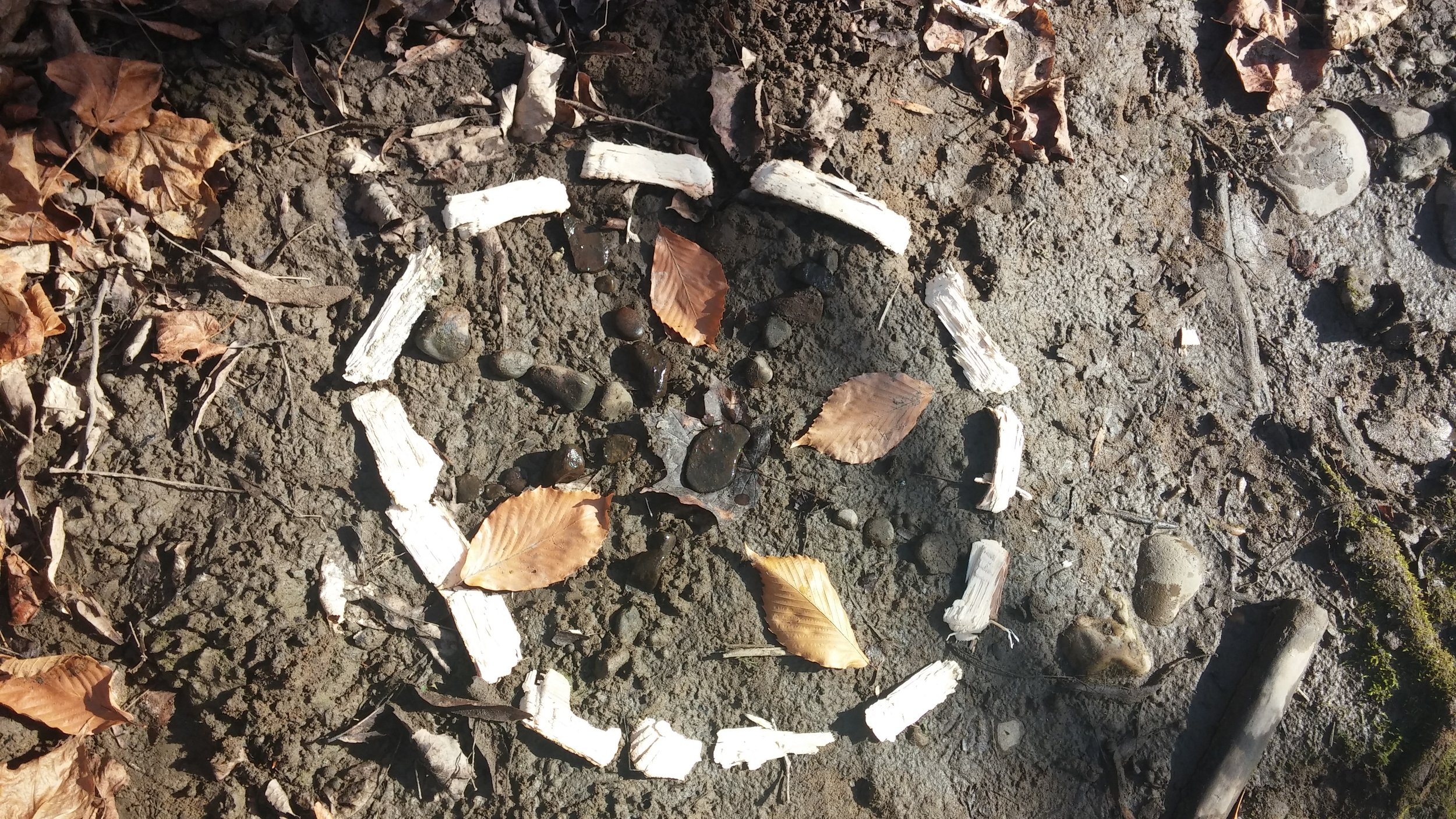
Living in Place and The Genius Loci
The concept of “Living in place” is derived from the definition of bioregionalism and has emerged as a new way of connecting to the land and creating a healthy relationship with community, our food, health care and life in general. The term ‘bioregionalism’ was coined by Allen Van Newkirk in the 1970’s. He founded the Institute for Bioregional Research and described a bioregion as “biographically interpreted culture areas…” In other words, he was identifying the inextricable connection between human life, health, culture and the ecology of the land. Land-based activist from Northern California, Peter Berg, further developed the concept as an element of the environmental movement. This movement began as a reaction to the industrial expansion and globalization monoculture that was burgeoning at the time, and still continues to dominate and drive cultural, economic and political values. In the wake of our modern technological and industrial ascension has been the decline of natural resources and widespread, seemingly irreparable pollution along with vast environmentally related health issues. Our collective ideals of competition, production, the amassing of material objects, comfort and monetary wealth drives most Western people away from direct contact with the Earth and the deeper rhythms of nature that once held the dynamic balance of life sustaining forces that fed and nourished our ancestors. These values have also disregarded the essential interdependence of human health on the health of the soil, water, air, plants, animals, bacteria and all that are a part of the network of life. An interdependence that signifies a mutually dependent relationship between synergistic organisms, each with their own unique ecological and life sustaining function.

